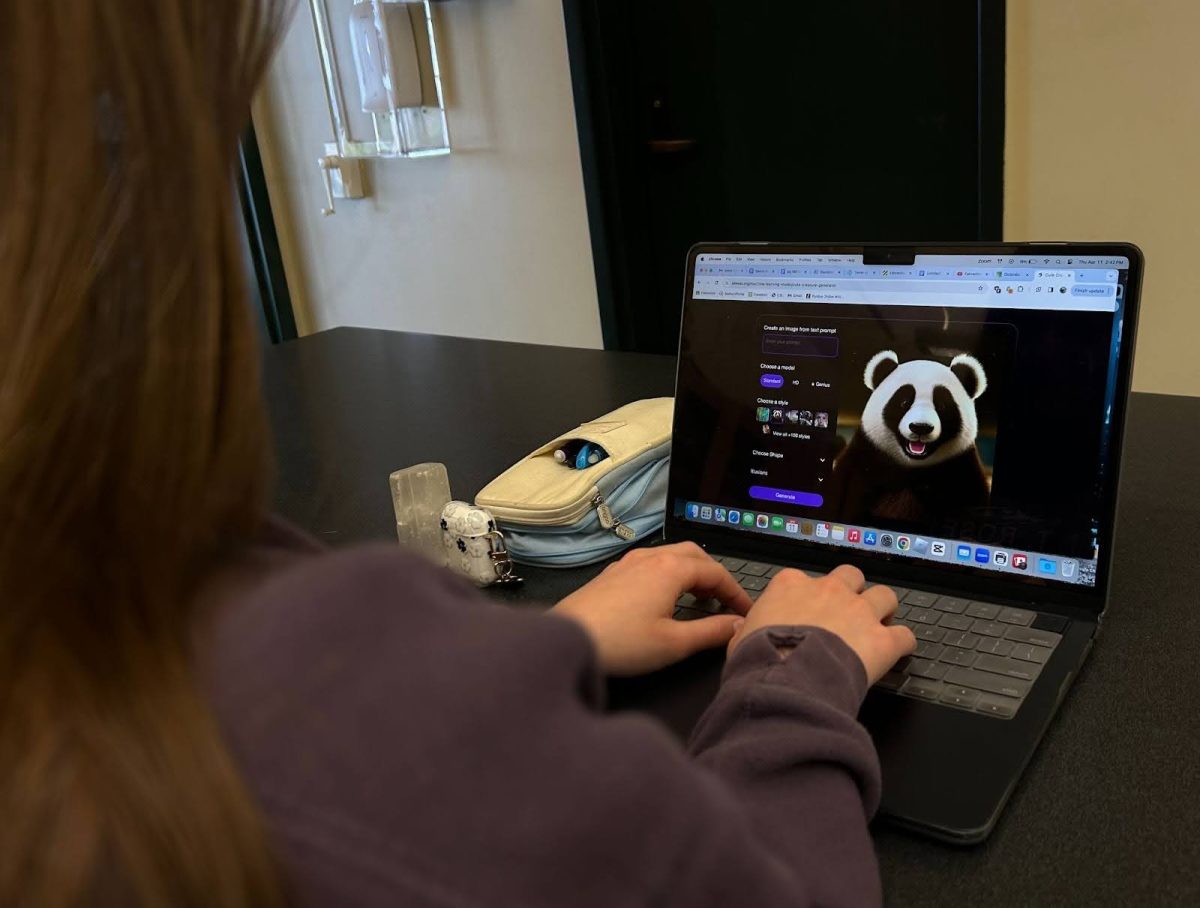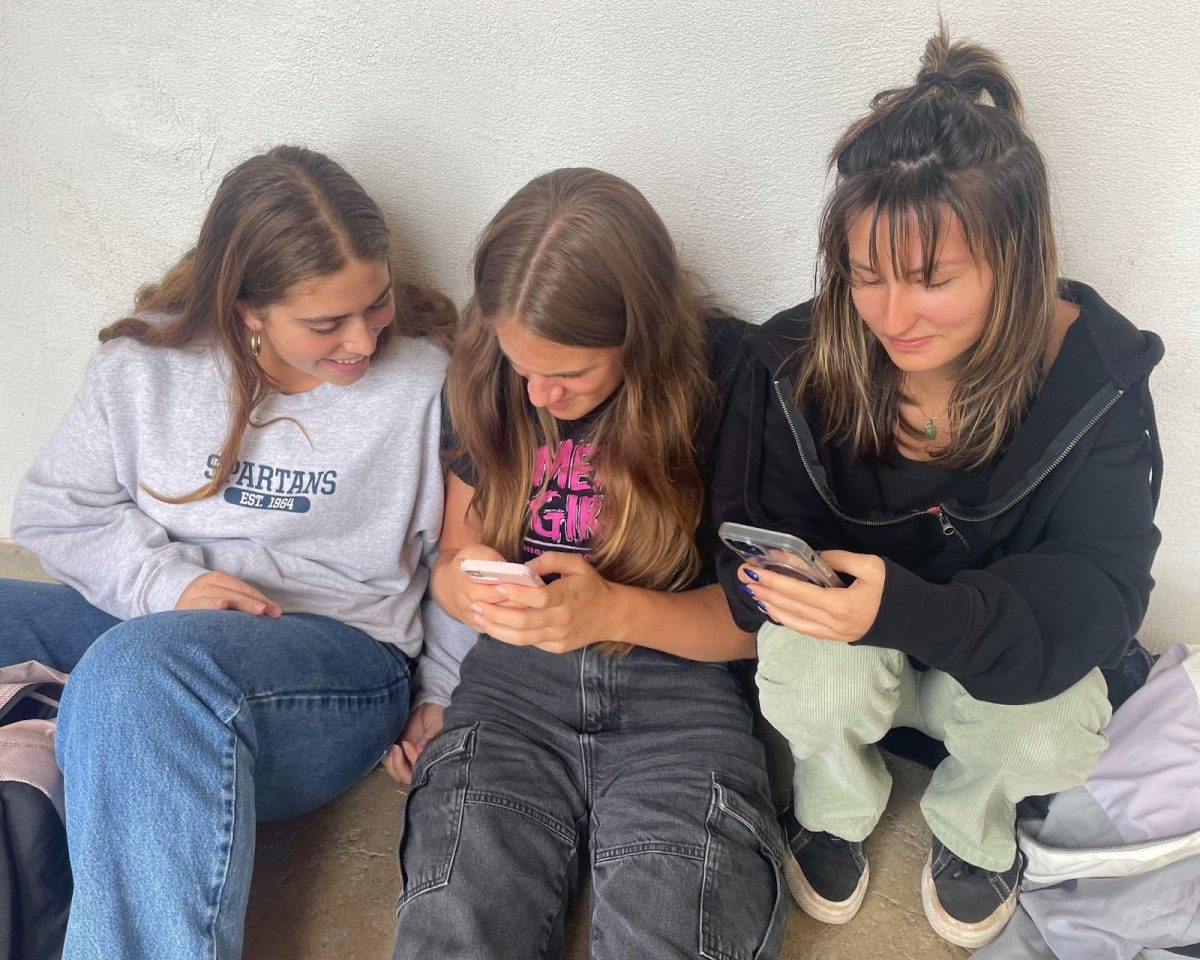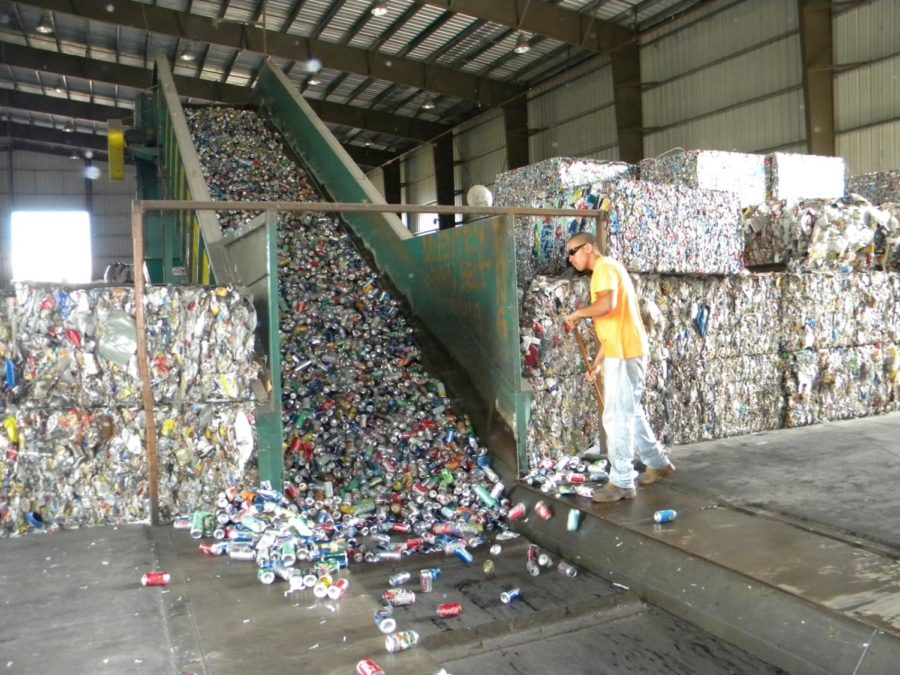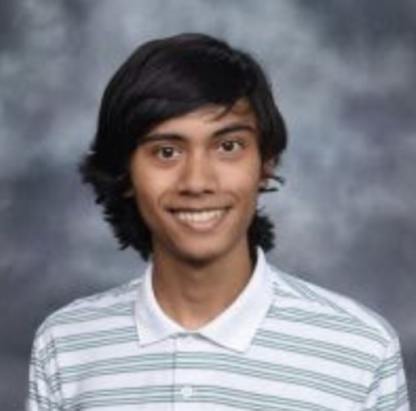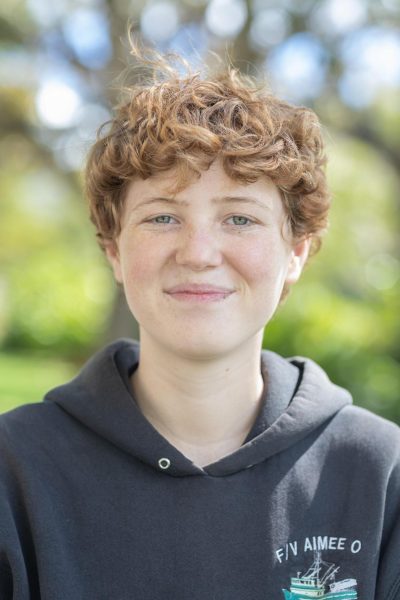In recent years, artificial intelligence and the generation of AI images has grown in popularity, and many artists believe that this poses a problem for the art community as a whole. It is becoming widely used across the internet, and there may be reason to be concerned about the future of art.
AI takes away jobs of real artists, and presents an issue for those who profit from their work as an artist. Anyone is able to use AI to generate images, removing jobs from those who may illustrate books or get commissions. A recent survey by Book An Artist in 2023 showed that 54.6 percent of artists fear that their income will be negatively impacted by the use of AI in their fields of work.
Along with the threat to the personal incomes of artists, as AI becomes a more popular way of generating images, it also threatens the trustworthiness of news networks and what is real or fake. It is greatly possible that people will use AI for harmful things such as generating inappropriate images and publishing them, or lying to the public about something that may not have happened.
AI art is available to the public, which makes it possible for anyone to generate any image they would like. This makes it possible for deepfaked photos, which are extremely altered and manipulated images that depict something that did not happen, to be spread. AI generated images have been used in place of photography in news outlets, which provides a false depiction of the truth. According to YouGov, 53 percent of Americans already believe that AI will be used to spread fake news. As AI has become more available, there are increasing risks of untrue narratives being reported on by news networks.
With the spread of deepfaked photography comes the possibility of faked paintings and digital arts. AI images have started to be used in place of artworks, and have even been sighted on the art market priced in the millions. Although there are people who do enjoy AI artworks, there is something that seems to be missing from the pieces themselves.
When AI is used, it removes the humanity and connection of the artwork and takes away any emotion that the piece might truly hold. A survey conducted by YouGov showed that 29 percent of Americans believe that AI art is worse than art created by a person. The AI is not able to put in the emotion or meaning behind the work as a human is able to, and there is no story underneath the piece. Although the image may be clearer or more precise, there is not that personal touch that makes art so appealing to many people.
This lack of humanity is one of the things that repels people from AI generated artworks, but another is the risk of plagiarism of the artworks of others. AI has the ability to access all of the data on the internet. Therefore, it ends up copying real artists, from historically famous artists like Van Gogh to children.
The likelihood that AI will copy another artist’s work has scared many off from using it at all. The current way that AI scans the internet to find works to mirror when generating an image is considered unethical by 74.3 percent of artists, according to Book An Artist in a 2023 survey. This method takes existing works that have been circulated on the internet and presents them as original generated work, without credit given to the original creator. This method is unappealing because you may be using another’s work without permission, and also because there is a risk of your own work being used unknowingly.
The growing use of AI to generate images is becoming more of an issue as AI advances. There are many artists and photographers who may lose work over image generation, and the reliability of news networks is becoming more untrustworthy as more have been caught using AI images as real photos. Along with this, there is an ethical issue in the current way that these images are generated in the first place. But, with all of these components and the inability of capturing true emotions in AI, true art may never be really replaced.
